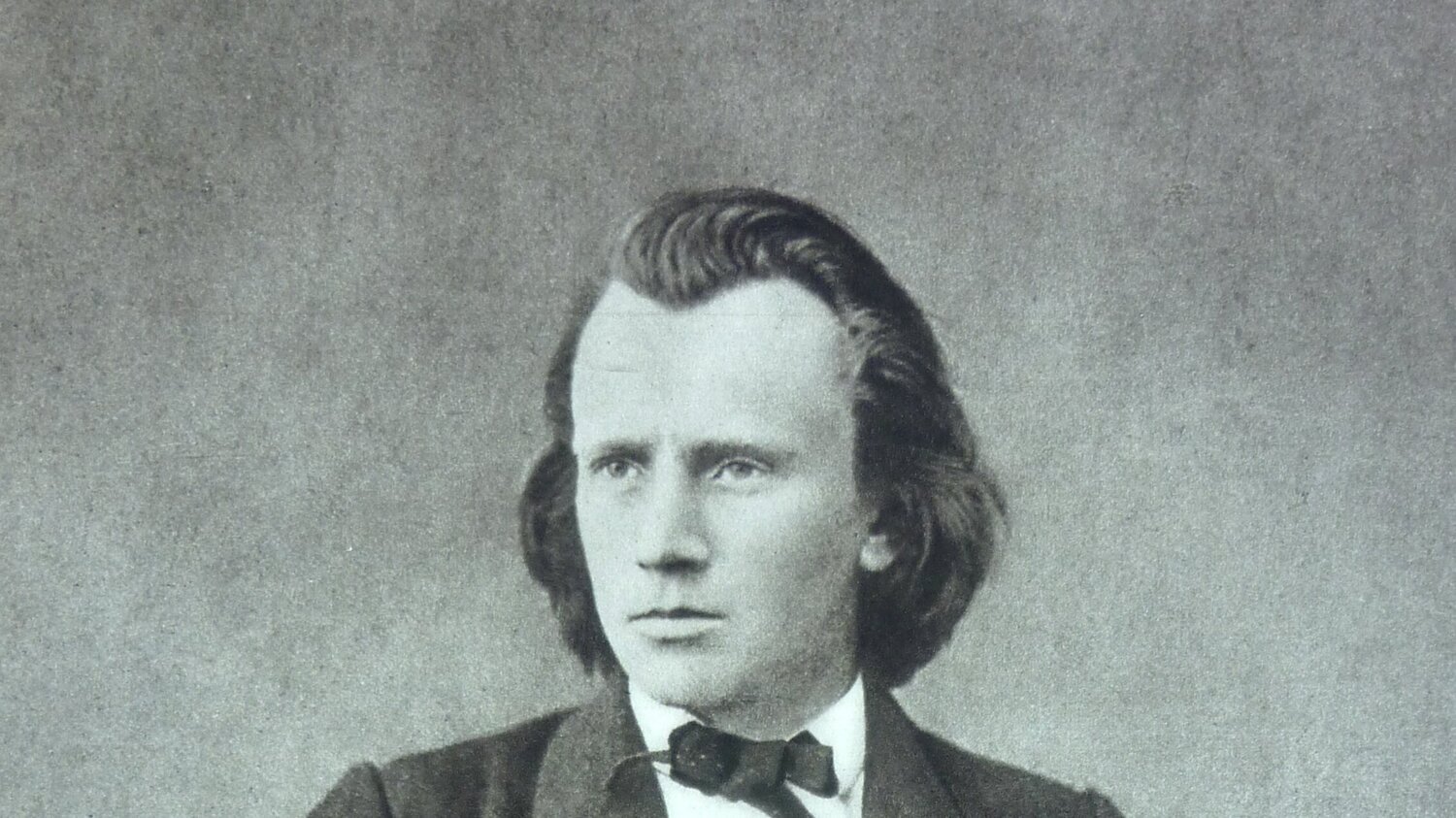In the grand tapestry of classical music, Johannes Brahms weaves a complex yet profoundly beautiful narrative that continues to captivate audiences centuries after his time. Born in the heart of the Romantic era, Brahms’ compositions are a testament to the depth of human emotion, blending the traditional structures of classical music with the expressive power of romanticism. This blog post explores the life, legacy, and enduring appeal of Johannes Brahms, whose works remain a cornerstone of classical music, cherished for their melodic richness and emotional depth.
Johannes Brahms Early Life and Musical Beginnings:
Johannes Brahms was born on May 7, 1833, in Hamburg, Germany, into a humble musical family. His father, a musician, introduced young Brahms to the world of music at an early age. Brahms’ prodigious talent became evident as he gave his first public concert at the tender age of ten. Despite his family’s financial struggles, Brahms’ dedication to his craft saw him through, eventually leading him to study music under the guidance of Eduard Marxsen, who introduced him to the works of Bach, Beethoven, and Schubert.
Rise to Prominence:
Brahms’ journey to prominence was marked by both challenge and triumph. In the early stages of his career, he toured as a pianist, but it was his compositions that caught the attention of the music world. His introduction to Robert Schumann, a pivotal figure in Brahms’ life, led to a lifelong friendship and professional mentorship. Schumann, recognizing Brahms’ genius, hailed him as a successor to the great Beethoven, a proclamation that placed considerable expectations on Brahms’ shoulders.
Masterworks and Musical Achievements:
Throughout his career, Brahms dedicated himself to the pursuit of musical perfection, meticulously refining his compositions to meet his exacting standards. Unlike many of his contemporaries, Brahms was not a prolific composer; instead, he focused on the quality of his work, resulting in a catalog that, though relatively small, is rich in masterpieces. Among his most celebrated works are his four symphonies, which stand as monumental achievements in the symphonic repertoire, his two piano concertos, a testament to his prowess as a pianist and composer, and his German Requiem, a deeply personal work that transcends traditional religious confines to touch upon universal themes of loss and consolation.
Brahms’ Musical Style:
Brahms’ music is characterized by its structural complexity, melodic beauty, and emotional depth. He was a master of counterpoint and variation, drawing inspiration from the music of the past while infusing his works with a distinctly modern sensibility. Brahms had a unique ability to blend the classical forms he revered with the romantic spirit of his time, creating music that was both innovative and deeply rooted in tradition.
Legacy and Influence:
The legacy of Johannes Brahms extends far beyond his lifetime. His works have influenced generations of composers, musicians, and music lovers, cementing his place as one of the giants of classical music. Brahms’ dedication to artistic integrity and his relentless pursuit of musical perfection continue to inspire and challenge those who engage with his music.
Conclusion:
Johannes Brahms remains an enduring figure in the world of classical music, his works a testament to the enduring power of human creativity and expression. Through his symphonies, concertos, chamber works, and choral compositions, Brahms invites us into a world of profound emotion and beauty, reminding us of the timeless nature of great music. As we continue to explore and celebrate Brahms’ legacy, we are reminded of the universal language of music and its capacity to connect us across time and space.
In a world that often feels transient and ephemeral, the music of Johannes Brahms stands as a beacon of permanence and depth, offering solace, inspiration, and a reminder of the heights to which human creativity can soar. Let us continue to explore, perform, and cherish the works of this maestro of melody, whose music remains as relevant and powerful today as it was in his own time.





